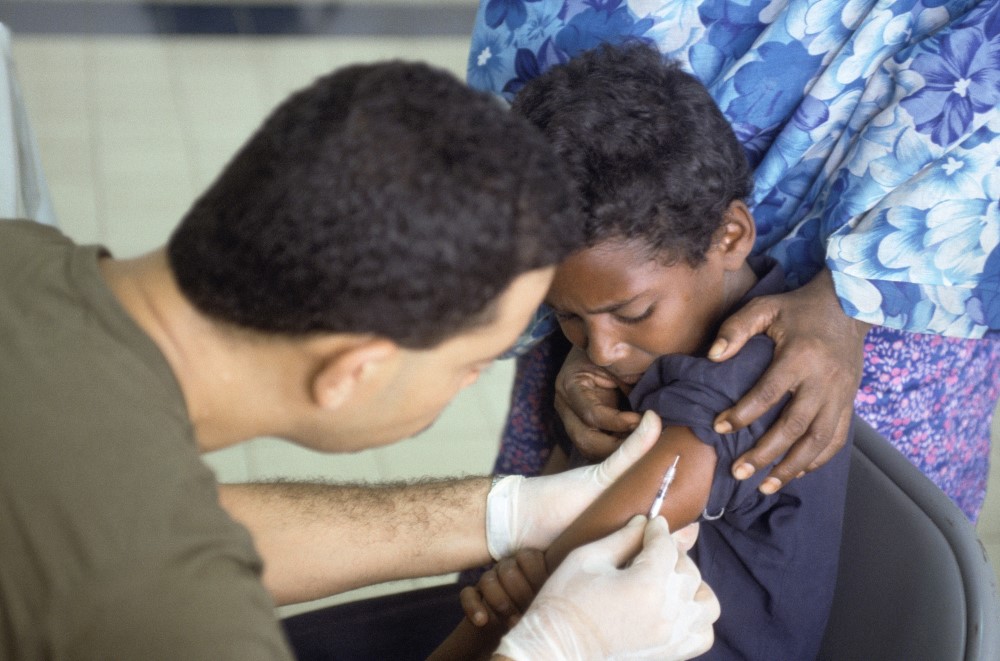
Circulating vaccine-derived poliovirus type 2 reported in United Republic of Tanzania and Kenya
On Jul. 28, 2023, the World Health Organization (WHO) reported circulating vaccine-derived poliovirus type 2 (cVDPV2) in the United Republic of Tanzania, and Kenya.
On July 4, 2023, the Ministry of Health of the United Republic of Tanzania notified WHO of the detection of circulating vaccine-derived poliovirus type 2 (cVDPV2) in the country. On July 11, 2023, WHO received an official report regarding the detection of a circulating vaccine-derived poliovirus type 2 (cVDPV2) in two acute flaccid paralysis (AFP) cases and two asymptomatic healthy children community contacts from Hagadera refugee camp, in Kenya, the second largest refugee camp in the world with over 100,000 refugees.
Since 2022, Tanzania has been actively participating in a multi-country outbreak response across south-east Africa, in response to detection of different strains of poliovirus in the sub-region, including boosting immunity levels through mass vaccination campaigns and strengthening subnational surveillance capacity. According to the WHO-UNICEF estimates of national immunization coverage, the oral polio vaccine third dose (OPV3) and the inactivated polio vaccine first dose (IPV1) was 88% in 2022 in Tanzania.
Polio is a highly infectious disease that largely affects children under five years of age, causing permanent paralysis (approximately 1 in 200 infections) or death (2-10% of those paralyzed). The virus is transmitted from person-to-person, mainly through the fecal-oral route or, less frequently, by a common vehicle (e.g., contaminated water or food) and multiplies in the intestine, from where it can invade the nervous system and cause paralysis. The incubation period is usually 7-10 days but can range from 4-35 days. Up to 90% of those infected are either asymptomatic or experience mild symptoms and the disease usually goes unrecognized.
Tags:
Source: World Health Organization
Credit:
